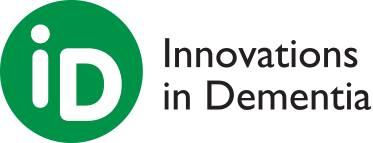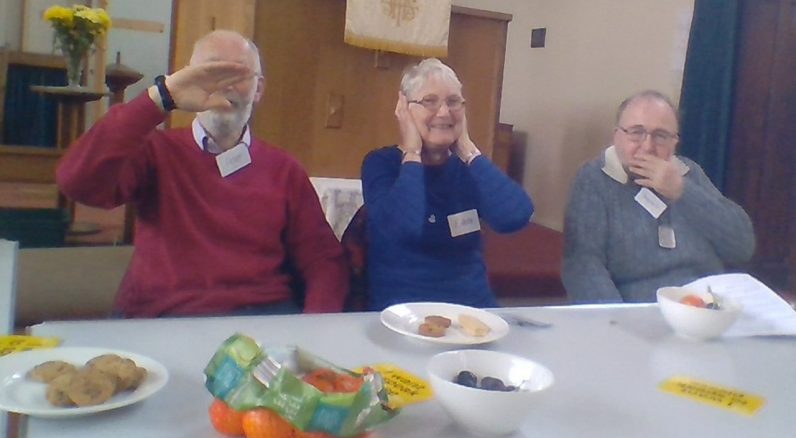As a director of Innovations in Dementia, I am involved in a range of different projects, but one important part of my work is to help facilitate the Minds and Voices group, part of the DEEP UK network of dementia voices.
Last month at Minds and Voices we created a constitution. It’s no big deal really. Loads of other such groups have done it – in fact we drew on some of their documents. Here is a brief piece covering why and how we came to produce our constitution together.
The Need
Essentially the money is beginning to run out!
We are very much an independent group and we are not (yet!) hosted by a local authority; by a local mental health trust; nor by a local third sector group.
So, without that back up we need to raise funds to pay for transport, back office administration, facilitation time, catering and venue hire each month.
By gaining an official status, we will be able to bid for a wider range of funding, not only to keep us going but also to help us co-create and join in more projects.
Creating the constitution together
We haven’t just thought the words up on the spur of the moment for the sake of creating a constitution. In fact, we’ve really been creating a constitution for 4 years now since when we chose our name and strap line.
Opening minds and moving forwardcaptured our aims to open the minds of our local communities by sharing and demonstrating the positive message that people can live as well as possible with a diagnosis of dementia.
There was a real keenness to be as informally formal as possible. We adapted a version of the SURF DEEP group constitution and together spent a whole meeting going over it with a fine-tooth comb.
Everybody was able to contribute in their own way (even those who were absent on the day) checking the broader general statements; avoiding repetition of words; ensuring every comma was in the right place (a particular gift of Stewart’s!); re-phrasing sentences, making them clearer or even omitting chunks too as we aimed to keep things simple.
Discussions
We had debates about voting rights and capacity.
Although several care partners regularly attend and contribute to the group, we were clear that if ever we held any votes, only members living with a dementia would participate.
This led to talking about members who might become more dependant and incapable of making decisions. What helped here was the fact that over 4 years we looked at how we have enabled people of all capacity for a long time. From experience we all knew that everyone can contribute in many ways though not always in every discussion and that was fine.
Roles in a more formal organisation
Paul wisely mentioned that given the nature of dementia the roles of treasurer, secretary and chair would need plenty of support. His exact words were,
‘you’d be crazy to put one of us lot in charge of the money, given what we’ve got!!’
Damian had met with the helpful advisor at the local Council for Voluntary Services who told us that in fact one does not need to have a named chair, secretary or treasurer in a constitution so long as the group ensures these duties are carried out.
This was a relief to everyone and, when we found out that becoming a Charitable Incorporated Organisation meant that there would be no financial liability on members either, we went for it.
The advice we received matched that laid out in the very helpful draft DEEP guidance on becoming an independent group that had been sent through to us.
At Minds and Voices we created a constitution. It’s no big deal really. Then it was time for a well-earned lunch!
By Damian Murphy, Director, Innovations in Dementia.

